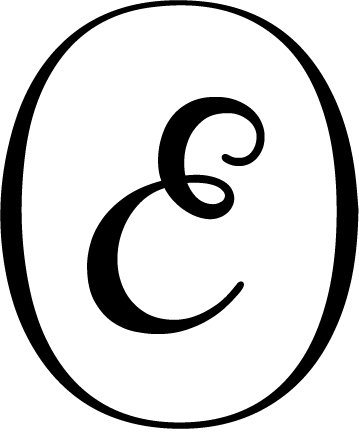GLOSSARY OF
COGNITIVE ACTIVISM
(For a Not-So-Distant Future)
COGNITIVE ACTIVISM
(For a Not-So-Distant Future)
Paperback
Extent: 368 pages
Trim: 13 x 20 cm
ISBN: 9781912475360
Price: $21
We are at one of those turning points that divide history into a ‘before’ and an ‘after.’ The ongoing transition from an information economy to an economy based in the workings of the brain and the mind has radical implications for human freedom and creativity, both of which are under threat from a rapacious, neurologically-oriented form of capitalism. Such moments require new languages in order for the unnamed, the unsayable, and the misunderstood to become known. This is the task taken on by Warren Neidich’s Glossary of Cognitive Activism, now appearing in an expanded and fully revised fourth edition. Each of its entries—which range in topic from the central nervous system and brain-computer interfaces to ChatGPT and conceptual art—explicates a key term in contemporary culture. The cumulative effect is astonishing: while every entry can profitably be read in isolation, the Glossary as a whole amounts to a brilliant account of the material brain’s entanglement with its surrounding environment.
For Neidich the human brain is far more than grey matter encased in a skull: it is profoundly integrated with the social, political, and cultural phenomena that constitute the world in which we live. For this reason, human cognition is profoundly vulnerable to the new despotism that is seeking in various ways to reshape it, but it also has the capacity to serve as the site of potent acts of resistance. Forging connections between such apparently disparate domains as neuroscience, ecology, political economy, and aesthetics, Neidich’s Glossary restores human cognition to its rightful status: not as the passive object of technological interventions or reductive theorizing, but as the starting point for any viable form of egalitarian and liberatory politics.
For Neidich the human brain is far more than grey matter encased in a skull: it is profoundly integrated with the social, political, and cultural phenomena that constitute the world in which we live. For this reason, human cognition is profoundly vulnerable to the new despotism that is seeking in various ways to reshape it, but it also has the capacity to serve as the site of potent acts of resistance. Forging connections between such apparently disparate domains as neuroscience, ecology, political economy, and aesthetics, Neidich’s Glossary restores human cognition to its rightful status: not as the passive object of technological interventions or reductive theorizing, but as the starting point for any viable form of egalitarian and liberatory politics.
WARREN NEIDICH trained in art, architecture, neuroscience, and medicine. He uses neon-light sculptures to create cross-pollinating conceptual text-based works that reflect upon situations at the border zones of art, science, and social justice. Recent awards include Stiftung Kunstfonds NEUSTART KULTUR (2020 and 2021), Hauptstadtkulturfonds (2021), and Katalogförderung des Berliner Senats (2017). His performative and sculptural work Pizzagate Neon (2018), recently on display at the Venice Biennale 2019, analyzed through a large hanging neon sculpture the relations between fake news, the networked attention economy, the evolving technocultural habitus, and the co-evolving architecture of the brain. He was a tutor in the Departments of Visual Art, Computer Science, and Cultural Studies at Goldsmiths College, University of London (2004–08), as well as recently serving as Professor of Art at Weissensee Academy of Art, Berlin (2016–18). He is founder and Director of the Saas-Fee Summer Institute of Art (2015–), a theory- intensive postgraduate course. He has been a visiting lecturer at Brown University, the Harvard Graduate School of Design, Columbia University, Princeton University, Sorbonne University, the University of Oxford, the University of Cambridge, the University of California, Berkeley, and the University of California, Los Angeles, among others. His work has been the subject of over 150 magazine and newspaper articles, including in the New York Times, Time Magazine, Artforum, Art in America, Kunstforum International, The Art Newspaper, Smithsonian Magazine, The Chicago Tribune, Hyperallergic, Artnet, GQ, Forbes, Vogue IT, Monopol, Performance Art Journal, American Photographer, Time Out, The New Yorker, New York Magazine, Los Angeles Times, The Village Voice, and Frieze. His Glossary of Cognitive Activism (For a Not So Distant Future) is now in its fourth edition.
